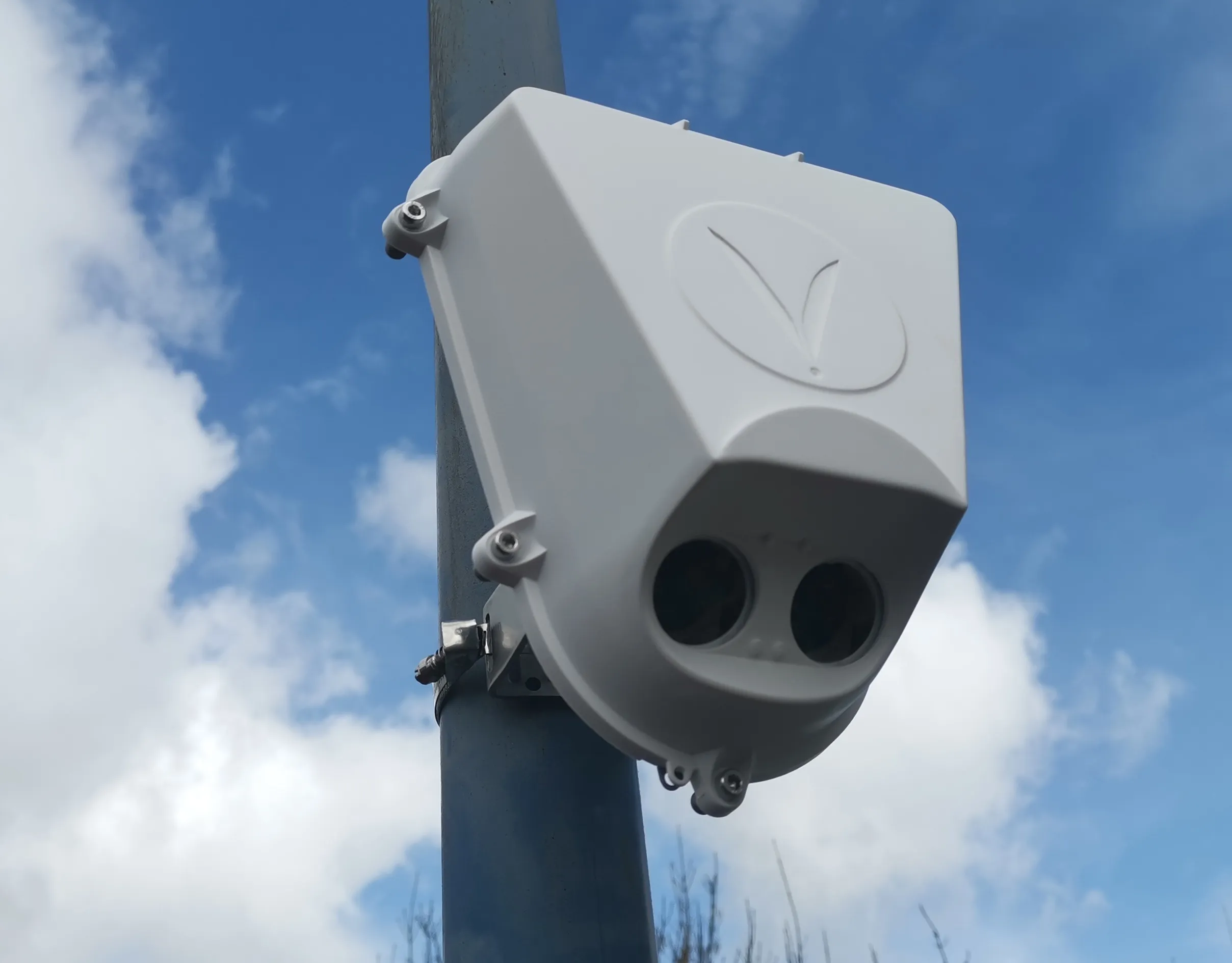
Sheffield City Council in the UK has implemented a network of 17 VivaCity traffic monitoring sensors, alongside air quality sensors, to assess the impact of the area’s newly-introduced Clean Air Zone (CAZ).
Over the next three years, the sensors will look at traffic flow on the city's outer ring road and the impact of the CAZ on pollutants, in an attempt to capture the environmental and health benefits of reduced vehicle activity.
Sheffield’s CAZ is a class C chargeable zone for the most polluting heavy and light goods vehicles, vans, buses, coaches and taxis, and its purpose is to lower harmful levels of NO2 in the city.
The council suggests air pollution is causing up to 36,000 deaths in the UK every year - with between 250 and 500 in Sheffield itself - and causing serious illnesses such as strokes, lung cancer and cardiovascular disease.
The council's director of public health, Greg Fell, says: “When it comes to air pollution the evidence is clear – there is no ‘safe limit’."
Mark Nicholson, CEO and co-founder at VivaCity, adds: “With the implementation of the [UK] government’s Clean Air Plan and Clean Air Zones, it is crucial to monitor traffic flow, emissions, and air quality."
"We hope to continue delivering sustainable transport plans based on real-world evidence," he concludes.










